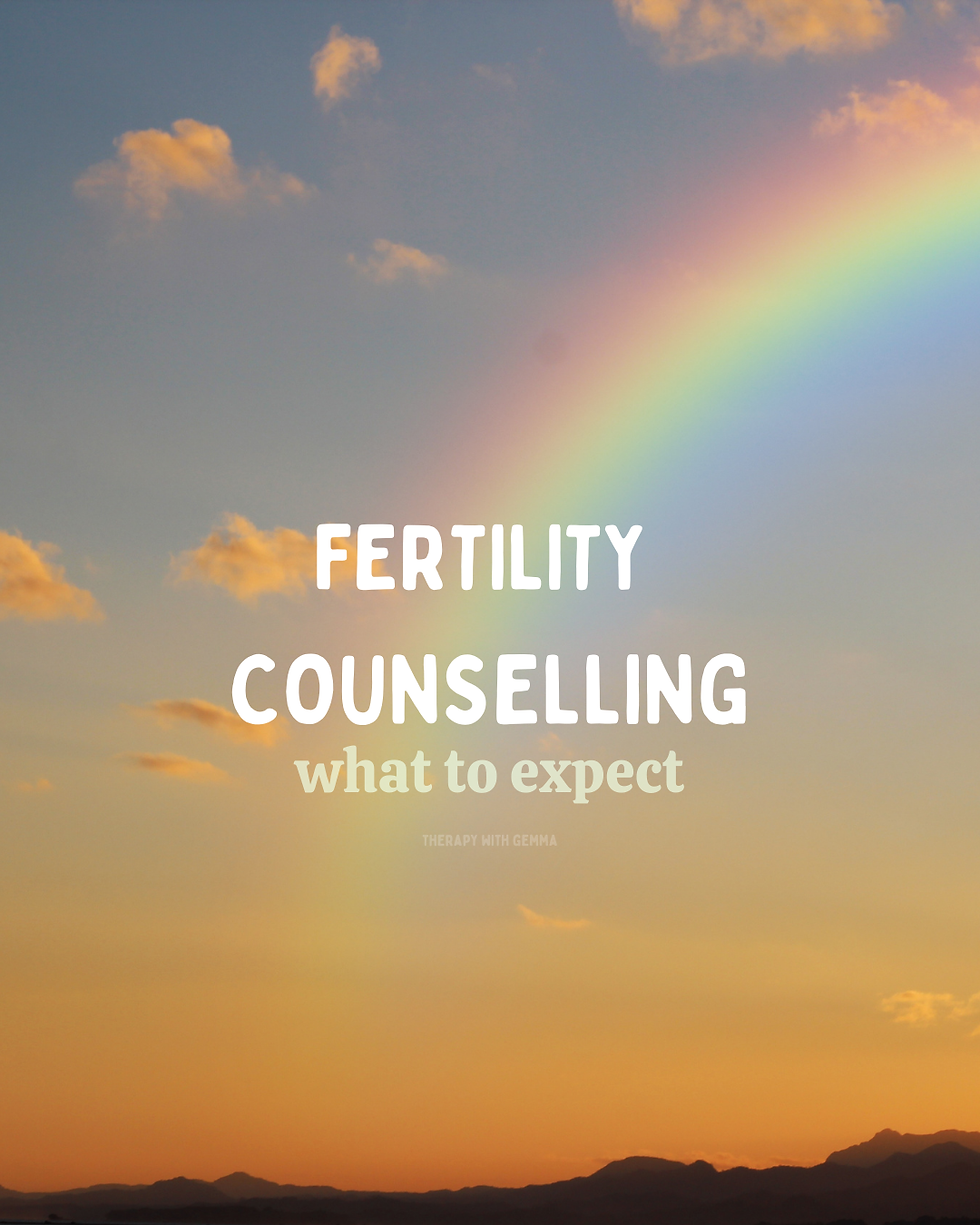Let's Talk About Sex: Fetish and Kink
- gemmasands
- Feb 15, 2024
- 3 min read

🔞What an interesting night last night 🔞
with @drbisbey @seedtalks⛓️
You might have watched Open House: The Great Sex Experiment on channel 4, in which case you will know Dr Lori Beth Bisbey.
Last nights talk was all about the Psychology of Fetish and Kink
Something that often gets discussed in therapy is sex, relationships, and intimacy.
And all that goes along with it.
I was interested in completing my GSRD therapy training after qualifying but that's on hold just for now!
It's our responsibility as therapists to be informed on many topics so that we can hold you adequately, that's why therapists have to do CPD every year. We also need to be comfortable talking about these things, because if you're a trainee lemme tell you, it comes up a LOT (no pun intended). Maybe being a therapist that is kink-aligned/ LGBTQIA affirmative, I come across this on a more regular basis, but I don't think thats the only reason why.
I originally wrote this post on Instagram but I'm pretty sure I'm shadow-banned for breaking community guidelines, So here is the full version where I don't need to use typo's to write!
I felt like I learnt so much last night so here are a few interesting takeaways;
🎈Difference between fetish and kink
Fetish is a need for something in order to orgasm, a sexual desire tied to a particular thing, sensation, tool, or sensory experience.
Kink is "non-normative" Sexual desire, lots of things that were deemed non-normative years ago such a spanking are pretty normal now- according to research!
We learned all about how Fetishes are born- again, SUPER interesting.
🌹Trying to get rid of an "abnormal" desire is incredibly difficult, it's far more profitable to help someone come to terms with their desires.
🍒There's a possibility that kink runs in families
Kink and BDSM were classed at mental disorders in 19th century and only declassified in 2013
🩹Masochists experience pain in a context, they don't just enjoy "all" pain. Pain releases endorphins, that's why people talk about euphoria/runners high etc. good feelings after pushing through pain. When it comes to pain, the body releases natural pain killers.
Barry komisaruk completed research on pain and pleasure. The Link between the pain pathway and orgasm pathway. If you block pain, you can experience problems with orgasms (some medications do this- loss of desire/problems with orgasms). How interesting?!
A cocktail of hormones and chemicals such as adrenaline and endorphins/Anandamide (responsible for the pharmacological effects of Δ9-tetrahydrocannabinol, the psychoactive ingredient in Cannabis sativa) can make people feel "high", so you can see why people may pursue these feel good hobbies!
further reading;
Komisaruk, B.R., Beyer-Flores, C., and Whipple, B. (2006) The Science of Orgasm. In press. Baltimore, The Johns Hopkins University Press, 358 pages.
Komisaruk, B.R., Whipple, B., Nasserzadeh, S., and Beyer-Flores, C. (2010) The Orgasm Answer Guide. Baltimore, The Johns Hopkins University Press, in preparation.
Selected Recent Review/Research Publications
Komisaruk, B.R. & Del Cerro, M.C.R. (2014). The Neurology of Sex. In Whelehan, P., & Bolin, A., Eds., The Encyclopedia of Human Sexuality. Wiley-Blackwell, In press.
(see Kelela's song High for further details 😉)
You can seek out specialist support though GSRD (gender, sexuality, relationship diverse) therapists or find those who are LGBTQIA+ affirmative/kink-aware etc
(of which I am!)
If this is something you would like to talk about, get in touch ❤️
Also just a shout-out to seed talks, check them out- they have some brilliant guest speakers on and talks are going on all over the UK (they're kind of like a mini Ted Talks).
.
.
.


Comments